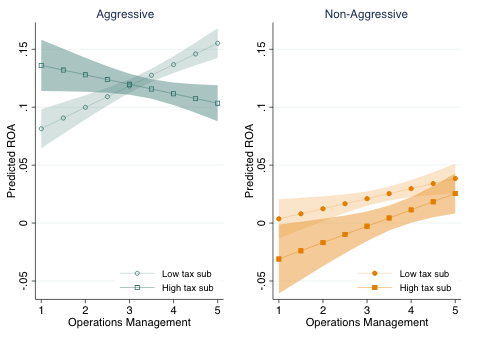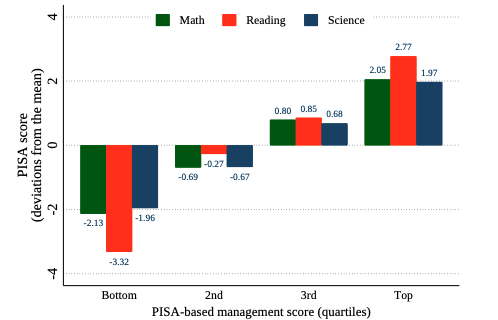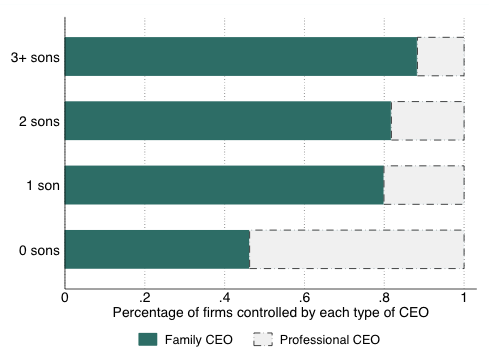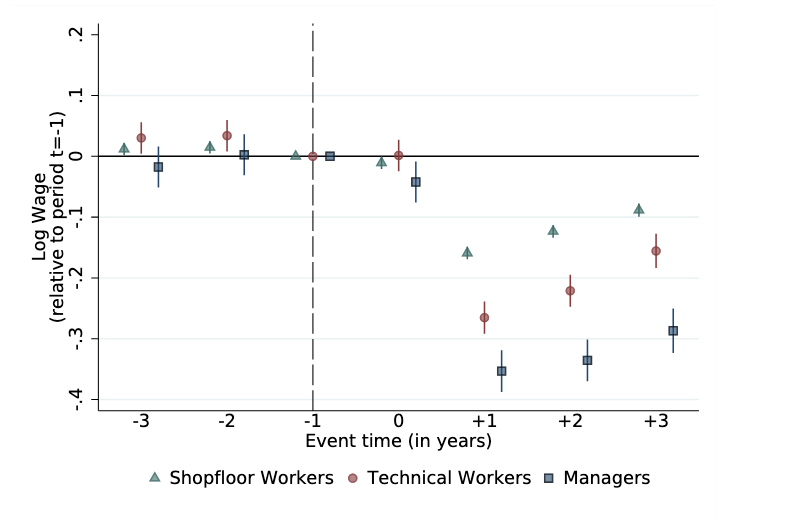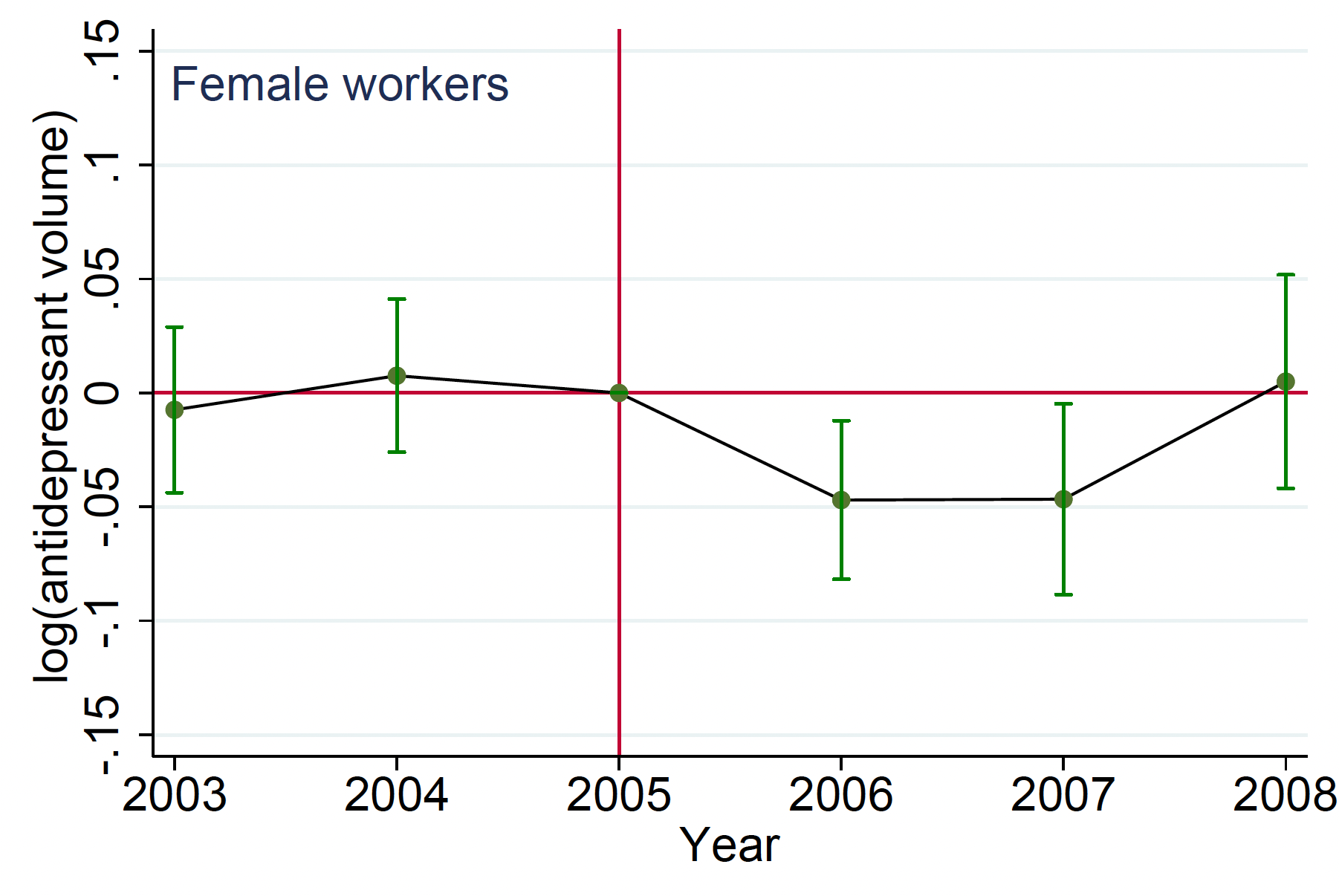Organizational capacity and profit shifting (R&R at Journal of Public Economics)
with Kat Bilicka
Good organizational capacity drives productivity and potential taxable profits, but may also enable multinationals (MNEs) to more efficiently re-allocate profits across tax jurisdictions, lowering actual taxable profits. We show that MNE subsidiaries with better organizational capacity report significantly lower profits and have a higher incidence of bunching around zero reported profitability in high-tax countries. This pattern is not present in low-tax countries. Further, responsiveness to corporate tax rate changes in terms of profit reporting is driven by firms with good organizational capacity. We show our results are consistent with profit-shifting behavior and rule out key alternative channels.
